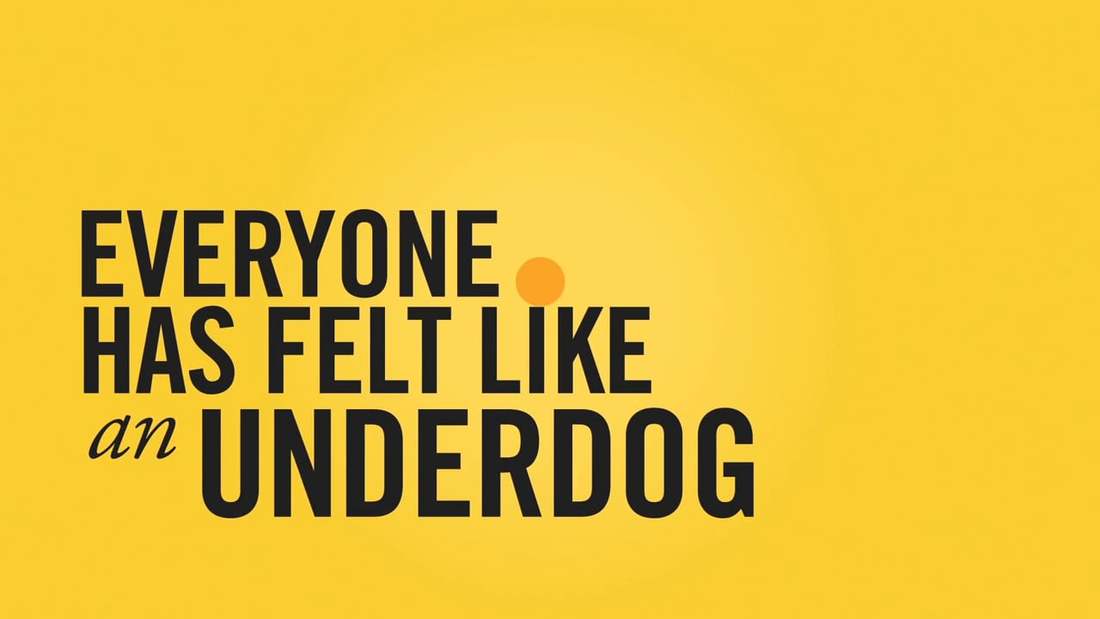Does Everyone Root for the Underdog?
If you have ever seen a sports movie, or become riveted by an event at the Olympics you wouldn't normally watch because some real life drama is unfolding, then you will be very familiar with what psychologists call the 'Underdog effect'.
You only have to look at the Netflix Guides list of basketball movies to see that this is a very common trope in fiction, and one we are generally thought to enjoy – a story of triumph over adversity.
Contextual Underdogs
Indeed, one famous study found that 80% of people, when neutral about two competing teams (i.e. not committed supporters of either one), will say they would prefer the one ranked lowest to win, even if the team ranked highest was an underdog in previous competitions. It seems like just being presented as an underdog in any given event is enough to make the majority of people root for a side.
A good example of this in action was when a couple of months ago, high ranking MMA fighter Conor McGregor took on Floyd Mayweather in a boxing match. While McGregor would hardly ever be the underdog in an MMA fight, in boxing he was certainly expected to lose against a boxing champion.
He did lose, despite an admirable performance, but people who were not specifically fans of either athlete tended to voice support for McGregor as the underdog in this particular context. By the hypothesis of the underdog effect, the same people would support a lower ranking opponent against him in an MMA fight.
The Other 20%
What is interesting, however, is that while the underdog effect is certainly real, it is not universal. 20% of people in the study said that they would support the higher-ranking team. If you are one of the people who goes against the grain when it comes to underdog stories, and actually prefers the favorite, then why might this be?
Has the Underdog Become a Cliché?
One possible reason why one fifth of people reject the underdog effect could be that we have seen it so much in movies and are generally told in sports coverage that we are meant to root for the plucky underdog, that it has begun to feel a bit cliché. Some psychologists even believe there is a reverse effect, where as a result of underdog stories in the media, we now actually expect the underdog to win, so the more surprising and satisfying result is actually things going according to the odds!
Another reason could be that some see the higher-ranking competitor as more deserving of the win. After all, sport is different from the movies, and it seems logical that the higher-ranking team or individual ranks higher because they are more talented or have trained harder.
It is an interesting thing to consider, and while the movie format of a team or other competitor rising above those expected to beat them is an appealing story arc, it is still worth noting that not everybody subscribes to supporting the underdog in real life events, and that there are actually some quite persuasive reasons for thinking that way.








